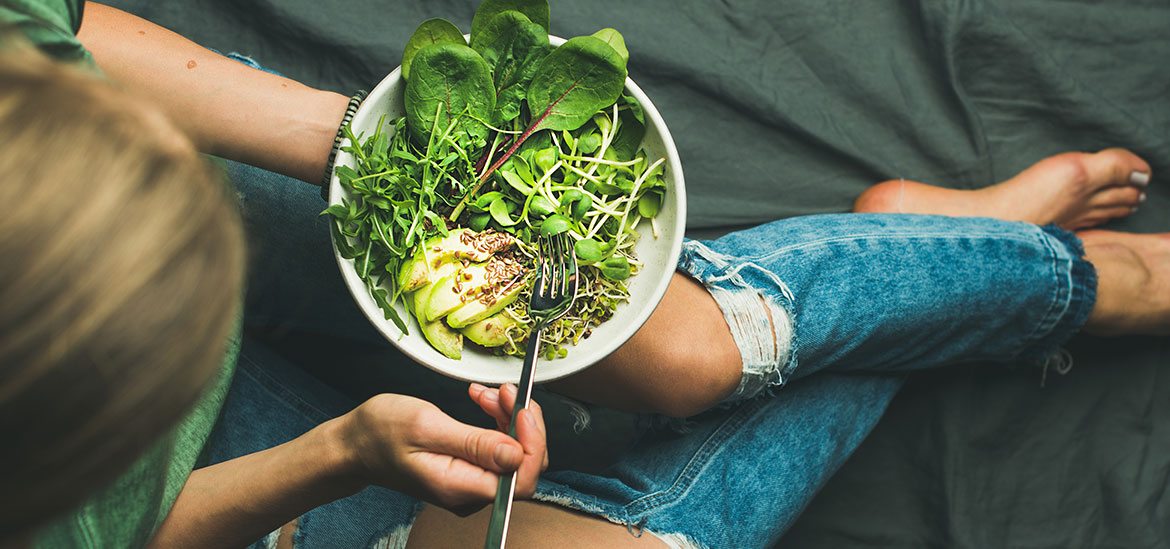
The pros and cons of going vegan
It’s estimated that Australia is currently the third-fastest growing vegan nation in the world. Concern for animal welfare is the foundation of veganism; however, the increase in veganism is also due to health and environmental considerations. If you’re considering going vegan, read on for some pros and cons to help decide if it’s the right fit for you.
Meat Free
Pros
Red and processed meats like sausages contain high amounts of animal-derived saturated fat that can adversely impact heart health, blood pressure and cholesterol. Without red and processed meat, veganism has been linked to lower rates of coronary artery disease, obesity, high blood pressure, type II diabetes and more chronic diseases.
Cons
Meat is a good source of haem and non-haem iron, so unless alternative sources are carefully considered, vegans can have an increased risk of iron deficiency. Animal sources of iron are also generally absorbed more easily by the body than plant sources. Health tip: the addition of vitamin C can help boost iron absorption.
Plant-Based Protein
Pros
Concern about the damaging environmental impacts of livestock has been growing, particularly the large amount of methane cattle contributes towards global warming. Choosing plant-based sources of protein, such as legumes, nuts, seeds and tofu, over animal sources are considered by many as a more environmentally-friendly option.
Cons
Protein is essential for many reasons, including building and repairing muscles, tissues and cells. Unlike animal foods, most plant foods aren’t complete proteins (apart from soy and quinoa), meaning they have some, but not all, of the nine essential amino acids. It’s important for vegans to eat various sources of protein during the day to ensure they’re getting all essential amino acids in their diet.
Dairy Free
Pros
Great for people with an intolerance to lactose, who experience abdominal pain and swelling, flatulence and diarrhoea after eating dairy foods. There are plenty of lactose-free, vegan alternatives, such as nut milks, nutritional yeast, coconut yoghurt, soy ice cream and vegan chocolate.
Cons
Dairy provides calcium, protein, essential minerals and vitamins that help keep bones and teeth strong and help form blood clots in the body. Without dairy, vegans need to ensure their diet contains plenty of calcium from plant-based sources, such as soy milk, almonds and tofu, and calcium-fortified foods, to avoid deficiencies.
Omega-3 Fatty Acids
Pros
The sustainability of farmed seafood is a growing area of concern. Often farmed seafood has detrimental impacts on the marine ecosystem due to over-crowding in captive areas. Plus, many modern fisheries are destroying ocean habitats by over-fishing and using irresponsible fishing practices.
Cons
Omega-3 fatty acids are essential, meaning our body can’t make them itself. Marine sources of omega-3 fats provide the most health benefits. Although there are plant-based omega-3 sources like flaxseeds, walnuts and chia seeds, our body can only partially convert these to the beneficial forms found in marine sources.
Other considerations
Pros
Concern about animal cruelty is increasing, with more people avoiding animal-derived foods to protest against inhumane treatment of animals used for food. Plus, with an increasing human population, many people feel a plant-based diet is a more sustainable and environmentally-friendly option for the future, given the often-damaging environmental impacts of livestock.
Cons
Vitamin B12 naturally occurs in animal-derived foods like dairy products and eggs. It’s essential for energy production, red blood cell formation and nerve and brain function. Without animal-derived foods in the diet, vegans are encouraged to take B12 supplements and eat plenty of B-12 fortified foods to reduce the risk of a deficiency.
If you decide to try a vegan diet, speak to your healthcare professional first to carefully consider a dietary plan that will ensure you avoid nutrient deficiencies. Many people successfully live a vegan lifestyle without health problems – planning is key!
This article is for educational interest only. Speak with your healthcare professional before health advice and guidance.
Join the team today to receive weekly savings, direct to your inbox
From The Blog
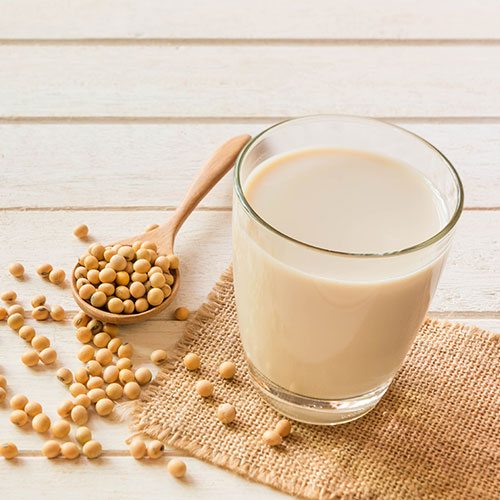
Is soy bad for you?
While soy lattes have taken off in popularity, there’s still some underlying confusion around the health effects of soy. A growing number of Australians are turning to a plant-based diet for health, environmental and animal welfare reasons, which commonly includes ...
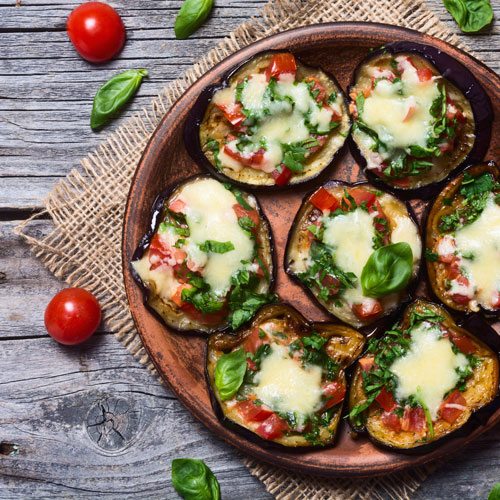
Vegan Mini Eggplant Pizzas
Kids love pizza and these mini eggplant versions are no exception! They’re simple to make and delightful to eat. They’re also great for entertaining friends and for a fun weeknight dinner. Gluten Free, Vegan, Dairy Free Makes 5-6
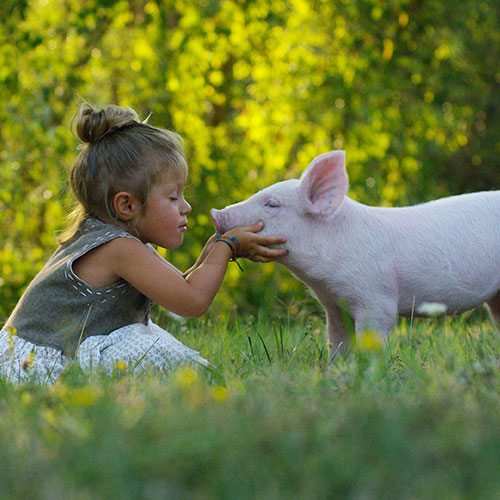
5 reasons to go vegan
There are many reasons why veganism is on the rise around the world. Australia is estimated to be the third fasting growing vegan country , behind the United Arab Emirates and China. Previously, the major reason for going vegan was ...
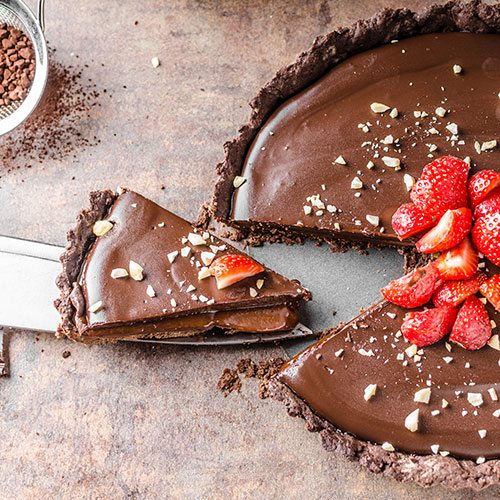
Vegan Chocolate & Salted Caramel Tart
Who’s ready to indulge? This delicious vegan chocolate and salted caramel tart ticks all the taste bud boxes! If you have pre-made shortcrust pastry, feel free to use that as the base; otherwise, we have provided a fuss-free pastry recipe ...

